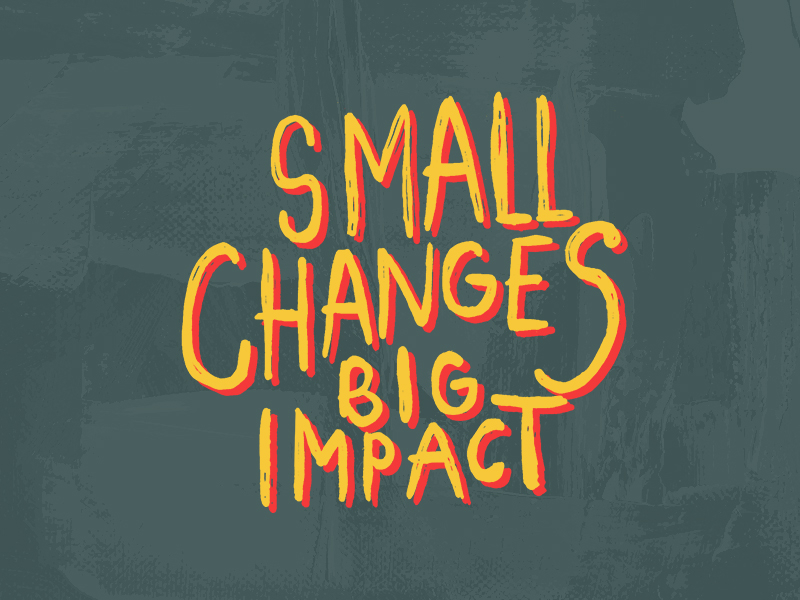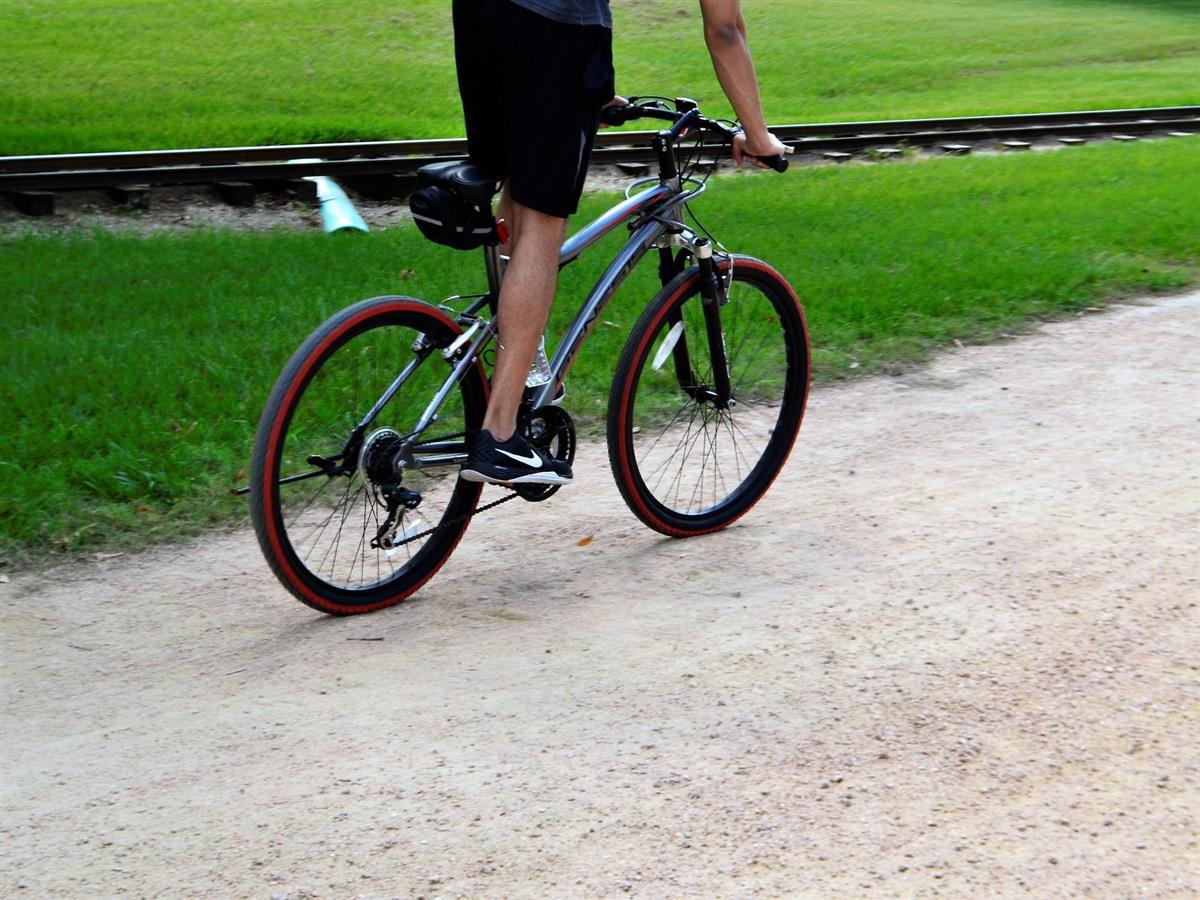“Quick Wellness: Small Changes, Big Impact
Related Articles Quick Wellness: Small Changes, Big Impact
- The Elegant Designer: A Deep Dive Into The Art And Craft Of Sophisticated Design
- The Enduring Allure Of Elegant Fashion: A Timeless Pursuit Of Style
- DIY Designer: Unleashing Your Creative Potential
- Natural Haircare: A Comprehensive Guide
- Cool Minimalist Fashion: A Guide To Effortless Style
Introduction
With great enthusiasm, we’re diving into an engaging topic related to Quick Wellness: Small Changes, Big Impact. Join us as we weave together valuable insights and fresh perspectives to bring a new dimension to your understanding.
Table of Content
Quick Wellness: Small Changes, Big Impact

In today’s fast-paced world, prioritizing wellness can feel like an insurmountable task. Between demanding careers, family obligations, and social commitments, finding time for self-care often falls to the bottom of the to-do list. However, neglecting our well-being can lead to burnout, stress, and a decline in overall health. The good news is that achieving a healthier lifestyle doesn’t require drastic overhauls or hours spent at the gym. Quick wellness strategies—small, manageable changes implemented throughout the day—can significantly impact our physical and mental well-being.
This article explores the concept of quick wellness, providing actionable strategies and practical tips to integrate wellness into even the busiest schedules. We’ll delve into various aspects of well-being, including physical health, mental health, and emotional well-being, offering simple yet effective techniques to boost your energy levels, reduce stress, and cultivate a sense of calm amidst the chaos.
Physical Wellness: Quick Wins for a Healthier Body
Physical wellness is foundational to overall well-being. While committing to a rigorous fitness regime is ideal, it’s not always feasible. Quick wellness strategies focus on incorporating small, manageable physical activities into your daily routine:
-
Micro-workouts: Instead of aiming for lengthy workouts, incorporate short bursts of activity throughout the day. A 5-minute brisk walk during your lunch break, a set of squats while waiting for the kettle to boil, or a quick yoga session before bed can make a significant difference. These short bursts accumulate over time, contributing to improved cardiovascular health, increased energy levels, and better mood.
-
Hydration hacks: Dehydration can lead to fatigue, headaches, and decreased cognitive function. Keep a water bottle handy and sip on water consistently throughout the day. Infuse your water with fruits or herbs for added flavor and nutritional benefits. Set reminders on your phone or use a hydration tracking app to ensure you’re meeting your daily fluid intake goals.

-
Mindful eating: Pay attention to your body’s hunger and fullness cues. Avoid mindless snacking and practice mindful eating—savoring each bite, chewing thoroughly, and appreciating the taste and texture of your food. Choose nutrient-rich options whenever possible, focusing on fruits, vegetables, and whole grains.

Stretching and mobility: Regular stretching improves flexibility, reduces muscle tension, and improves posture. Incorporate short stretching breaks throughout the day, focusing on areas prone to tension, such as the neck, shoulders, and back. Simple stretches can be performed at your desk or while watching television.
-
Prioritize sleep: While achieving eight hours of sleep nightly is ideal, even small improvements in sleep hygiene can significantly impact your physical well-being. Establish a consistent sleep schedule, create a relaxing bedtime routine, and ensure your bedroom is dark, quiet, and cool.

Mental Wellness: Quick Strategies to Calm the Mind
Mental wellness is equally crucial to overall well-being. Quick wellness strategies for mental health focus on reducing stress, improving focus, and promoting a sense of calm:
-
Mindfulness meditation: Even a few minutes of mindfulness meditation can significantly reduce stress and improve focus. Numerous apps offer guided meditations for beginners, making it easy to incorporate this practice into your daily routine. Focus on your breath, observe your thoughts without judgment, and gently redirect your attention back to your breath when your mind wanders.
-
Deep breathing exercises: Deep, slow breaths can calm the nervous system and reduce stress hormones. Practice deep breathing exercises throughout the day, especially during moments of stress or anxiety. Inhale deeply through your nose, hold for a few seconds, and exhale slowly through your mouth.
-
Digital detox: Excessive screen time can contribute to stress, anxiety, and sleep disturbances. Schedule regular breaks from electronic devices, engaging in activities that don’t involve screens. Spend time in nature, read a book, or listen to music.
-
Nature immersion: Spending time in nature has been shown to reduce stress and improve mood. Even a short walk in a park or a few minutes sitting under a tree can have a positive impact on your mental well-being.
-
Positive affirmations: Start your day with positive affirmations to boost your mood and self-esteem. Repeat positive statements to yourself, focusing on your strengths and capabilities.
Emotional Wellness: Cultivating Inner Peace
Emotional wellness involves understanding and managing your emotions effectively. Quick wellness strategies for emotional well-being focus on self-compassion, emotional regulation, and stress management:
-
Journaling: Journaling can help you process your emotions, identify patterns, and gain self-awareness. Write down your thoughts and feelings, reflecting on your experiences and identifying areas for growth.
-
Gratitude practice: Focusing on gratitude can shift your perspective and improve your mood. Take a few minutes each day to reflect on things you’re grateful for, no matter how small.
-
Self-compassion: Treat yourself with kindness and understanding, especially during challenging times. Acknowledge your imperfections and accept yourself for who you are.
-
Connect with loved ones: Social connection is essential for emotional well-being. Make time for meaningful interactions with friends and family, engaging in activities you enjoy together.
-
Seek support when needed: Don’t hesitate to seek professional help if you’re struggling to manage your emotions. Therapists and counselors can provide guidance and support to help you navigate challenging times.
Integrating Quick Wellness into Your Daily Routine
Integrating quick wellness strategies into your daily routine requires planning and commitment. Here are some practical tips to help you get started:
-
Schedule it in: Treat quick wellness activities like any other important appointment. Schedule them into your calendar and stick to your schedule as much as possible.
-
Start small: Don’t try to do too much at once. Begin with one or two quick wellness strategies and gradually add more as you become more comfortable.
-
Make it enjoyable: Choose activities you genuinely enjoy. If you don’t enjoy an activity, you’re less likely to stick with it.
-
Be patient and consistent: It takes time to develop new habits. Don’t get discouraged if you miss a day or two. Just keep trying and be consistent with your efforts.
-
Track your progress: Keep a journal or use a tracking app to monitor your progress and celebrate your successes.
Quick wellness is not about achieving perfection; it’s about making small, sustainable changes that contribute to a healthier and happier life. By incorporating these simple strategies into your daily routine, you can significantly improve your physical, mental, and emotional well-being, even with a busy schedule. Remember that even small actions can have a big impact on your overall health and happiness. Start today, and experience the transformative power of quick wellness.

Closing
With that, we hope this article has provided valuable insights into Quick Wellness: Small Changes, Big Impact. Thank you for taking the time to read this article. See you in our next article!


